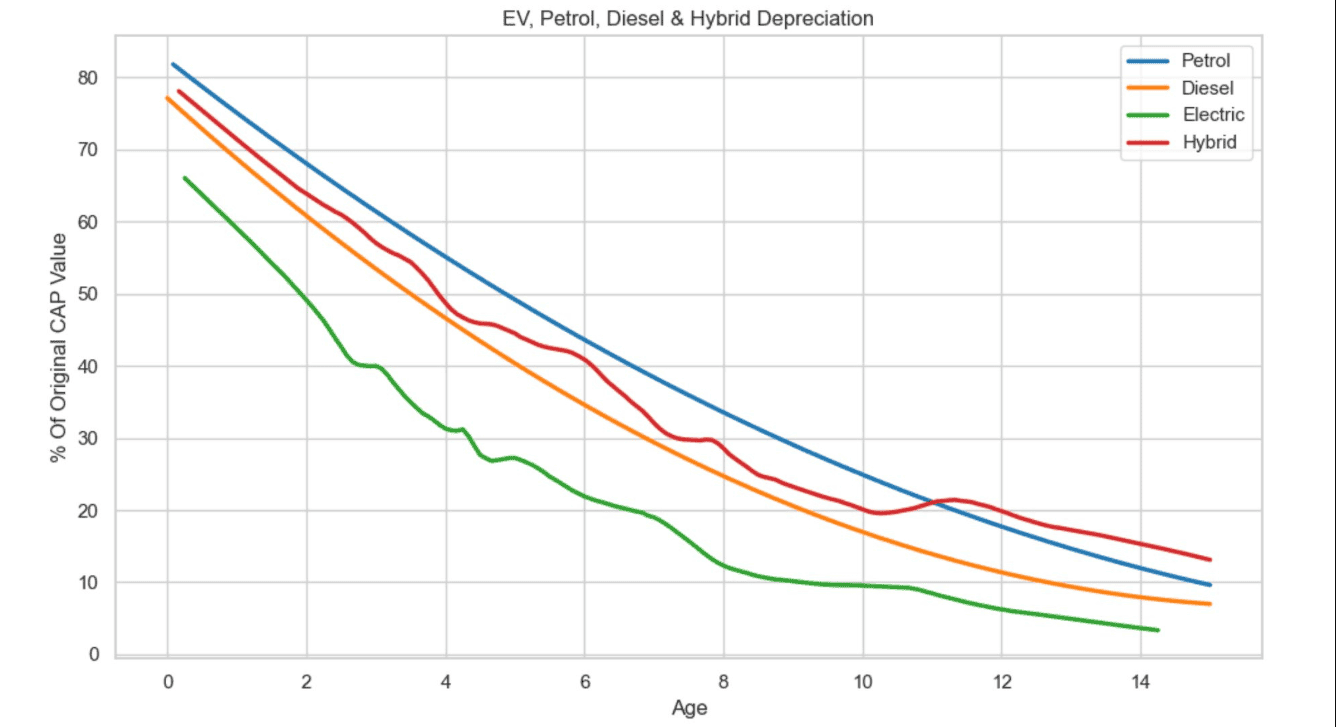When it comes to resolving disputes with your auto insurance company, having an
appraisal clause in your policy can make all the difference between a reasonable,
efficient resolution and a drawn-out legal battle. Unfortunately, more policyholders are
discovering—only after a disagreement arises—that this vital clause is missing from
their coverage.
What Is an Appraisal Clause?
An appraisal clause is a standard feature in most auto insurance policies. It acts as a
pre-litigation dispute resolution tool, allowing both parties—the policyholder and the
insurance company—to settle disagreements over the value of a loss without going to
court.
Here’s how it works:
- If there’s a dispute about the amount of a covered loss, either party can invoke
the clause.
- Each side hires a qualified appraiser.
- The two appraisers select a neutral umpire.
- If the appraisers disagree, the umpire breaks the tie.
- The outcome is binding.
Simple. Fair. Cost-effective.
What Happens Without It?
In a recent case we reviewed, the policyholder discovered that none of their Auto- Owners policies from the past three years contained an appraisal clause. This omission stripped them of a vital option to challenge a claim valuation outside of court. Let’s break down why that’s a problem:
- You Lose Leverage
Insurance companies know that most people don’t want to sue. Litigation is expensive,
stressful, and time-consuming. Without an appraisal clause, insurers may be less
motivated to offer fair settlements, knowing that the average consumer is unlikely to
pursue legal action. - You Face a Costly and Complex Path
Without an appraisal clause, your only formal recourse is to file a lawsuit—and
that’s a high bar for most families. Legal fees, court filings, expert witnesses… it’s an
uphill climb to contest a low-ball offer. - You Miss the Industry Standard
According to our research and experience, appraisal clauses are present in roughly
99% of auto insurance policies. That means if your insurer has excluded it, you’re
receiving less protection than the vast majority of other policyholders.
The Big Question: Why Remove It?
When we asked the insurer in this particular case about the missing clause, they
declined to provide the policy documents directly and left the policyholder to gather
them independently. This raised a critical follow-up:
If you don’t have an appraisal clause, how exactly are disputes supposed to be
resolved?
So far, no clear answer has been offered. That silence is troubling. Without a fair and
accessible dispute mechanism, policyholders are left in a vulnerable position.
Final Thoughts for Policyholders
If you’re reviewing your auto policy:
- Look for the appraisal clause. If it’s missing, ask why.
- Request prior years’ policies. Sometimes clauses are removed without notice.
- Consider switching carriers if yours has quietly stripped away your rights.
Appraisal is your right to fairness without a fight. Don’t give that up.
Need help interpreting your policy or fighting for fair valuation?
Contact us at Appraisal Engine — we’re here to make sure your voice is heard, clause
or no clause.




